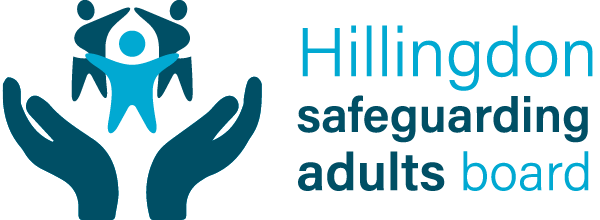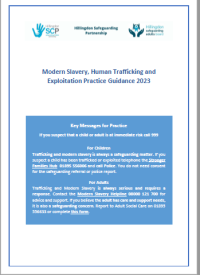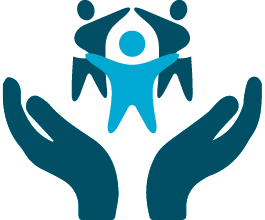Human Trafficking & Modern Slavery
Modern slavery and human trafficking affect children and adults. There are particular issues and characteristics that can make children and adults more vulnerable to exploitation than the wider population. Having care and support needs and disabilities can increase the risk of all forms of trafficking and modern slavery.
Human trafficking is the recruitment, transportation, transfer, harbouring or receipt of an adult or a child for the purpose of exploitation. Modern slavery is forcible exploitation of a person for the benefit of another. Exploitation can include but is not limited to sexual exploitation, forced begging, forced agricultural labour, domestic servitude, county lines, and forced criminal activity.
There are legal duties on all Local Authority employees, police officers and Border Force officers to identify and support suspected victims under the Modern Slavery Act 2015. Employees of these organisations are First Responders and they need to know their legal responsibilities.
Practice Guidance
Local practice guidance, available below, has been produced to ensure that all professionals are able to recognise modern slavery and human trafficking, and understand their duties and options in safeguarding all possible victims.
There is a duty to safeguard all child victims. If you suspect child trafficking or modern slavery contact the police and Stronger Families Hub 01895 556006.
Where an adult victim has care and support needs there is a safeguarding duty owed to them. Contact Adult Multi Agency Safeguarding Hub on 01895 556633.
Downloads:


